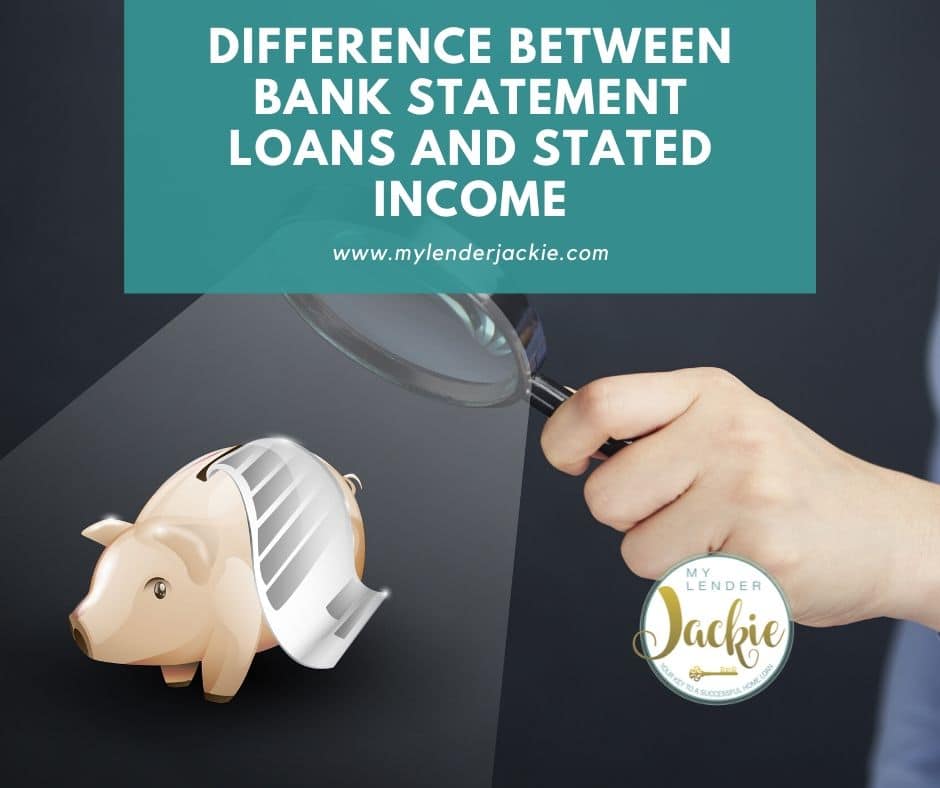I am very passionate about this type of home loans for the self-employed. I’ve been working with several lenders for multiple years now on bank statement loans and stated incomes but is there really a difference? I did a post that bank statement loans are the new stated income home loan program but are they really any differences?
When you fill out a home loan application you usually get a cramp in your hand from filling out so much paperwork. There was a time when self-employed individuals or pretty much anyone could get a mortgage without showing any real proof of income. However, leading up to the financial bust in 2007, too many people took this for granted and many borrowers took out stated income home loans or also called income statement loans. These are home loans that didn’t require any proof or verification of income. Now, knowing what we know now, this sounds extremely terrifying. Anyone could say anything about their income and get a home loan. And… We know how that turned out. Millions of Americans were left with properties they could no longer afford and delved into short sales and foreclosure.
Today, it’s actually illegal to obtain a home loan for an owner-occupied property without providing some documentation that you can afford the loan. But, we now have what’s called “bank statement loans” which are technically the new stated income home loan in a much better system.
This program works well for the self-employed that may not be able to produce a W-2 or some legal proof of income from an employer. Most conventional mortgages require the underwriter to carefully document the borrower’s income and this is usually done through W-2s and pay stubs, but if you are self-employed you may not have those documents so this is where bank statements come into play. This is a great option for those that are in seasonal income or make it commissions and bonuses or contractors that are self-employed. One of the benefits is that underwriters don’t even need tax returns, just bank accounts for between 6 to 12 months depending on the type of business and the borrower’s credit history.
More: FAQ for Self-Employed Home Loan Applicants
There are some exceptions in certain regulations when it comes to a bank statement loan. For instance, down payment requirements may be higher and the rate may be a little bit different than a traditional mortgage. If the borrower earns more money next year and reports it, they may be able to move into a conventional loan or different government-backed loan at a lower rate. Depending on the type of business, underwriters may require 12 to 24 months of bank statements showing proof of annual income. But, as long as the income is fair, most self-employed borrowers should be able to obtain a home loan.

